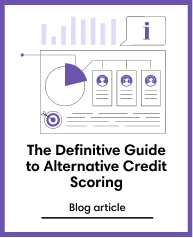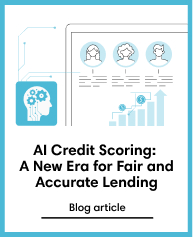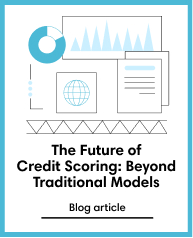Credit Scoring
Dec 23, 2021
The role of data in today’s world and in credit rating processes
Subscribe to our newsletter
Data is becoming more and more valuable, so much so that some studies call big data the black gold of the XXI century. Data has become a commodity comparable to oil, necessary for decision making in companies in a hyperconnected world with dispersed audiences that demand greater personalisation.
When the Internet didn’t exist, companies would advertise their products or services by sending homogeneous messages to the same audience, which was found in a specific place, like the television’s prime time. The people’s specific data was not considered because massiveness was prioritised. Nowadays, the same person can be reading a blog, listening to music or even on one of the many social media channels all at the same time. This dispersion in the way people consume and entertain themselves has forced companies to invest in technologies and resources to obtain and analyse data. This way, companies can get to know where their prospects are, what they like and how they behave to develop efficient messages that captivate them.
Beyond marketing and promotion, some industries naturally involve greater risk; that’s why they need to have more complex data collecting systems developed for their businesses to prosper. This is the case of personal loan companies that could significantly reduce the risk of bad debts by better understanding customer solvency. The new credit analysis trend is to use alternative information, which through the help of artificial intelligence is processed to get more precise credit scores.
Alternative data comes from numerous digital sources such as social media, mouse movements, app payments, invoices, and e-commerce purchases. This information allows companies to get to know the client much deeper and predict their actions. Thus, they avoid risks and help reach clients with personalized products generating a greater loyalty rate.
Another advantage of the present-day methods of credit score analysis based on alternative data is that companies can reach new market segments, which were previously unthinkable, such as the unbanked population. Unlike traditional credit scores, new credit scores have the technological capacity to gather information and process it to find solvent people, even out of the financial system. This gives companies who want to expand a place for multiple opportunities, especially in emerging markets, where there’s a great mass of population such as informal workers that are part of this segment.
There’s no doubt that data is increasingly fundamental for any company's decision-making. Having an information system that works allows savings in both time and money, opening up new business opportunities.
To learn more about how alternative data can help shape the future of fair credit, check out our ebook here.





